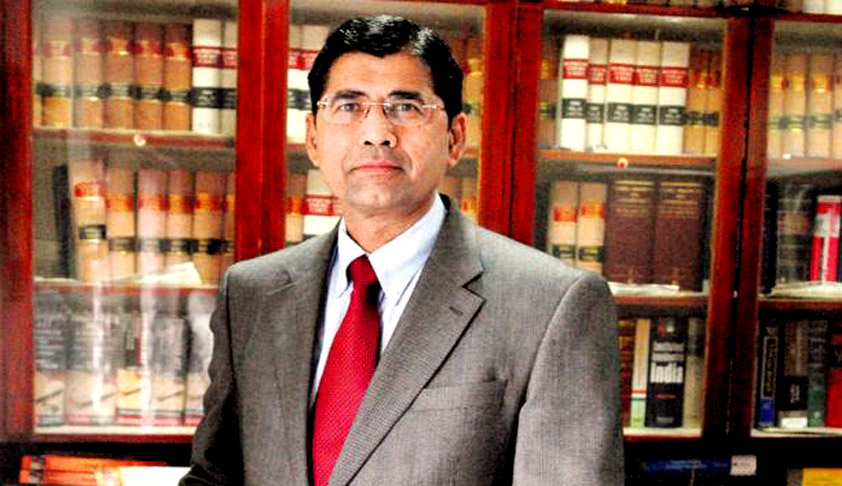Senior Counsel Arvind Datar says NJAC is ill-conceived, offends “Rule of Law”
Apoorva Mandhani
10 July 2015 2:48 PM IST

Next Story
10 July 2015 2:48 PM IST
With the both sides wrestling it out before the Constitution Bench of the Supreme Court, the Bench yesterday demanded to know the Centre’s stand on allegations of violation of the federal structure by certain provisions of the National Judicial Appointments Commission.The Court sought the Centre’s stand on the issue after senior counsel Arvind Dattar, representing Madras High...
